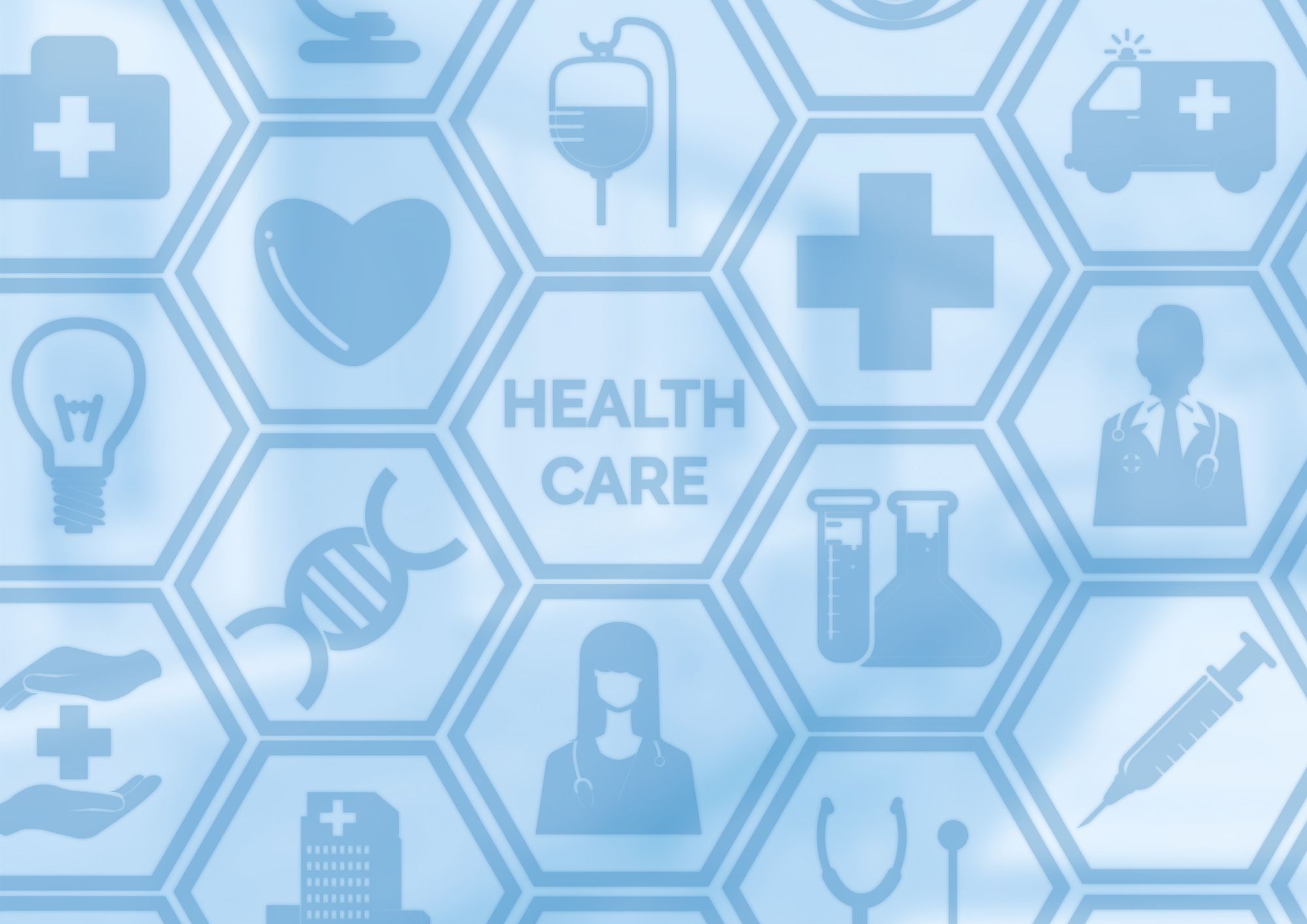The application of deep learning in healthcare has brought about significant advancements in the field of medicine.
Through AI in medicine, medical image analysis, and precision medicine, we have witnessed remarkable improvements in diagnosis, treatment, and patient outcomes.
In this article, we delve deep into these topics, offering valuable insights and shedding light on the impact of deep learning in the healthcare sector. 😃
Deep Learning Healthcare: Transforming Medical Diagnostics and Treatment
Deep learning, a subset of machine learning, utilizes artificial neural networks to process, analyze, and interpret large volumes of complex data.
In healthcare, deep learning algorithms have demonstrated exceptional capabilities in the areas of diagnostics, prognosis, and treatment planning.
Example: PathAI, a company specializing in AI-based pathology, uses deep learning to detect cancerous cells in biopsy samples with an accuracy rate of over 94%, significantly reducing diagnostic errors and improving patient outcomes [1].
AI in Medicine: A Paradigm Shift in Healthcare
AI in medicine has revolutionized various aspects of patient care, from early diagnosis to personalized treatment plans. The incorporation of AI algorithms into medical practice has led to enhanced decision-making and faster, more accurate diagnoses.
Fact: According to a 2020 study, AI systems demonstrated a diagnostic accuracy of 94.5% in comparison to 88% for healthcare professionals [2].
Subtopic: Medical Image Analysis
Medical image analysis, one of the most promising applications of AI in medicine, has been instrumental in diagnosing diseases from medical images such as MRI, CT scans, and X-rays.
Deep learning models can identify patterns and anomalies within these images that may be difficult for human experts to detect.
Sample code for training a deep learning model for medical image analysis:
import tensorflow as tf
from tensorflow.keras.layers import Input, Conv2D, MaxPooling2D, UpSampling2D
from tensorflow.keras.models import Model
# Define the model architecture
input_img = Input(shape=(256, 256, 1))
x = Conv2D(32, (3, 3), activation='relu', padding='same')(input_img)
x = MaxPooling2D((2, 2), padding='same')(x)
x = Conv2D(32, (3, 3), activation='relu', padding='same')(x)
encoded = MaxPooling2D((2, 2), padding='same')(x)
x = Conv2D(32, (3, 3), activation='relu', padding='same')(encoded)
x = UpSampling2D((2, 2))(x)
x = Conv2D(32, (3, 3), activation='relu', padding='same')(x)
x = UpSampling2D((2, 2))(x)
decoded = Conv2D(1, (3, 3), activation='sigmoid', padding='same')(x)
# Compile the model
autoencoder = Model(input_img, decoded)
autoencoder.compile(optimizer='adam', loss='binary_crossentropy')
# Train the model on your dataset
autoencoder.fit(x_train, x_train, epochs=100, batch_size=128, validation_data=(x_test, x_test))
Precision Medicine: Personalized Healthcare for Better Outcomes
Precision medicine, also known as personalized medicine, is an innovative approach to patient care that takes into account individual differences in genetics, environment, and lifestyle.
By leveraging deep learning algorithms, precision medicine enables healthcare professionals to make more accurate predictions, tailor treatments, and optimize patient outcomes.
Example: The DeepVariant tool developed by Google uses deep learning to analyze genetic data and identify disease-causing mutations with greater accuracy than traditional methods.
This tool helps clinicians create personalized treatment plans based on a patient’s genetic makeup [3].
The Future of Deep Learning in Healthcare
With continuous advancements in deep learning technology, the future of healthcare looks brighter than ever. As more research and development efforts are directed towards improving AI algorithms, we can expect the following:
- Increased accuracy in diagnostics, leading to better patient outcomes
- Expansion of telemedicine and remote patient monitoring through AI-based tools
- Enhanced drug discovery and development processes
- Reduction in healthcare costs and increased accessibility for patients worldwide
Deep learning healthcare has already made a significant impact on the medical field, particularly in diagnostics and treatment planning.
The integration of AI in medicine, medical image analysis, and precision medicine has paved the way for better patient care and improved outcomes.
As we continue to harness the power of deep learning and AI, we can expect to witness further transformations in healthcare that will ultimately benefit patients and healthcare providers alike. 😊
Thank you for reading our blog, we hope you found the information provided helpful and informative. We invite you to follow and share this blog with your colleagues and friends if you found it useful.
Share your thoughts and ideas in the comments below. To get in touch with us, please send an email to dataspaceconsulting@gmail.com or contactus@dataspacein.com.
You can also visit our website – DataspaceAI

